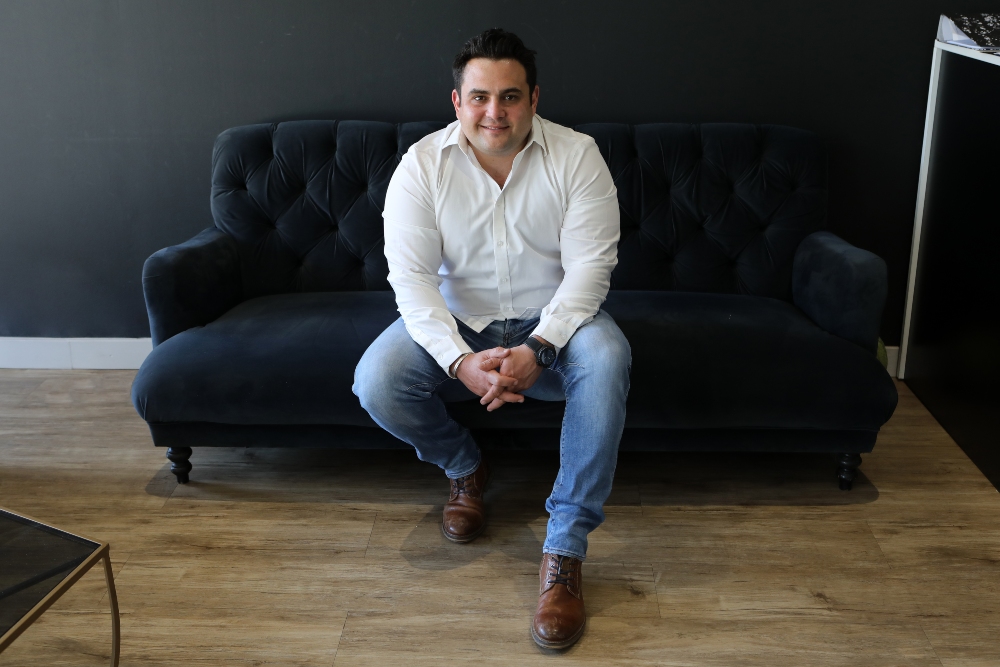In the fourth quarter of 2021, South Africa’s rape figures were up by 13.7%. There were 1300 more rapes compared to the same period in the previous year. 10818 rapes were reported in the first three months of 2022, with 4635 rapes taking place at the victim’s home, or that of the rapist. Attacks on women and children have also recorded major increases, with a staggering 22.2% rise in murders compared to the same period last year.
Acting against GBV is everyone’s business
The safety of the most vulnerable in our communities is of utmost importance to us, says Warren Myers, CEO and co-founder of AURA, South Africa’s leading security and medical response platform. Common myths, such as that what happens at home should stay at home or that it is nobody’s business what happens behind closed doors are extremely powerful. This makes it hard for individuals to speak up against violence in the family, and it may affect the provision of help and support services, exposing the abused person to greater harm, with possibly fatal consequences.
“Our women and children need to know that if they reach out for help in a moment of crisis, that response will be swift and reliable. That’s where AURA can assist.” Myers explains. Technology can be an essential tool in crime prevention and incident response by empowering women and children with the means to call for assistance should they feel threatened or unsafe.
A swift response to calls for assistance
“The AURA platform provides access to private security companies in order to reach victims of domestic abuse. It acts as a safety net and provides on-demand emergency services through which potential victims of crime can get help from the closest response vehicle in five minutes or less,” he says.
Harnessing technology to address our country’s most deep-rooted problems has the potential to make a measurable and lasting impact on society, says Myers. He adds that this is just the one of many steps that need to be taken to tackle the GBV crisis in South Africa. “We want to break the silence that often surrounds domestic violence. We want to ensure that women and children feel safe in using their voices to seek help. We want them to know that there is a network of people who are able to help, and who are dedicated to making it harder for people to get away with being an abuser.”
Help is at hand for individuals experiencing GBV
One in three women experiences physical or sexual violence, mostly by an intimate partner. Violence against women and children is a human rights violation that takes place every single day around the world. Domestic violence and abuse are often carefully concealed, but if we know the signs of an abusive relationship we may be able to better identify abuse and seek or offer help.
South African women and children deserve to live without fear of violence. If you or someone you know has experienced gender-based or sexual violence, you can find support here, make contact with organisations fighting GBV, or you can call the SA National GBV helpline on 0800 150 150.


